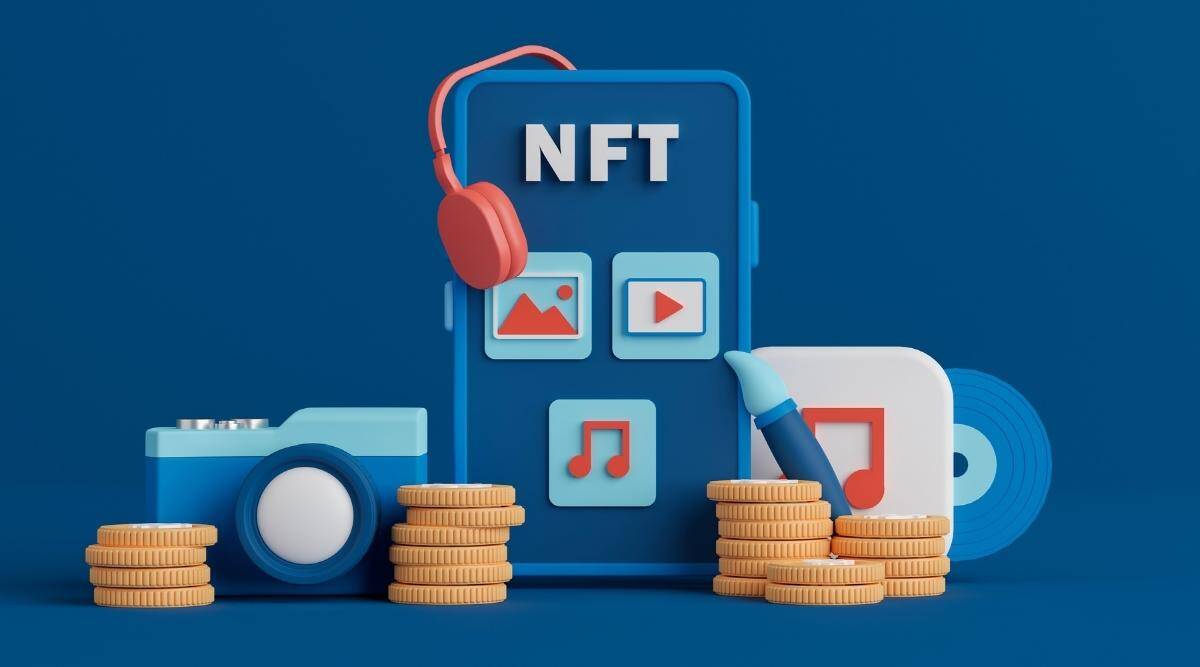The collectible craze has gone digital, and the sports world is no exception. The intersection of blockchain and non-fungible-tokens (NFTs) has allowed for a new wave of collectibles to emerge, taking advantage of the immutable nature of a blockchain ledger to create digital scarcity, transparency and trust in each unique card or token. These new NFTs have created amazing experiences for sports fans, but there’s room for further adoption. Let’s explore how these new NFTs are changing the way we collect, trade and view rare physical sports memorabilia.
In the digital age, physical sports trading cards are a cumbersome relic of the past. The physical nature of cards is what makes them so susceptible to damage. Plus, they require maintenance and organisation. Additionally, cards often come in packages with collectible boxes, sleeves, and display cases. This requires a certain level of financial commitment just to acquire the cards themselves. While high-end cards can be quite valuable, the cost-per-play ratio is significantly higher than digital collectibles. So, if you want to experiment with new trading card games, you either have to pay a hefty upfront fee or risk damaging your cards. These same problems plague physical board games as well.
The fact that NFT cards exist on distributed networks means that they are fully immutable. This means that once a person acquires a card, it cannot be edited or tampered with in any way. This is perfect for trading cards that are bought and sold frequently. This also makes it easy to track and identify which cards a particular user owns. Because cards are decentralised assets that reside on the blockchain, it’s easy to send them to friends and colleagues from any device. NFT cards don’t require any maintenance or upkeep, and they don’t need to be kept in a safe place. Additionally, the quality of its physical cards correlate to its price. So, if you want to make your card set expensive, you can create high-quality trading cards.
Because NFT cards are digital assets that are interoperable, they help break down the wall between different card games. For example, if you are a fan of WWE sports game, but have been wanting to play with other people, you are out of luck. Because the WWE game is proprietary and has no interoperability, you’ll have a hard time finding people to play with. This is not the case with NFT cards. Because they are fully interoperable between different games, you can easily find other people to play against, with no hassle at all. This makes NFT cards an excellent investment because they can be used across multiple games by different creators. This also makes the cards cheaper for consumers because they don’t need to buy multiple sets.
Finally, NFT cards have verified ownership. This means that you know without a doubt that you are the true owner of the card. This solves the problem of cards being tampered with; if a card has been modified, you’ll be able to tell. This also helps you avoid fraudulent companies. Because NFT cards are fully digital, you can always check the distributed ledger to make sure you are the owner of the card. This also makes it easier for you to transfer ownership of the card to others.
Global recession looms amid broadest rate hikes in five decades, World Bank says
Author
Administraroot


